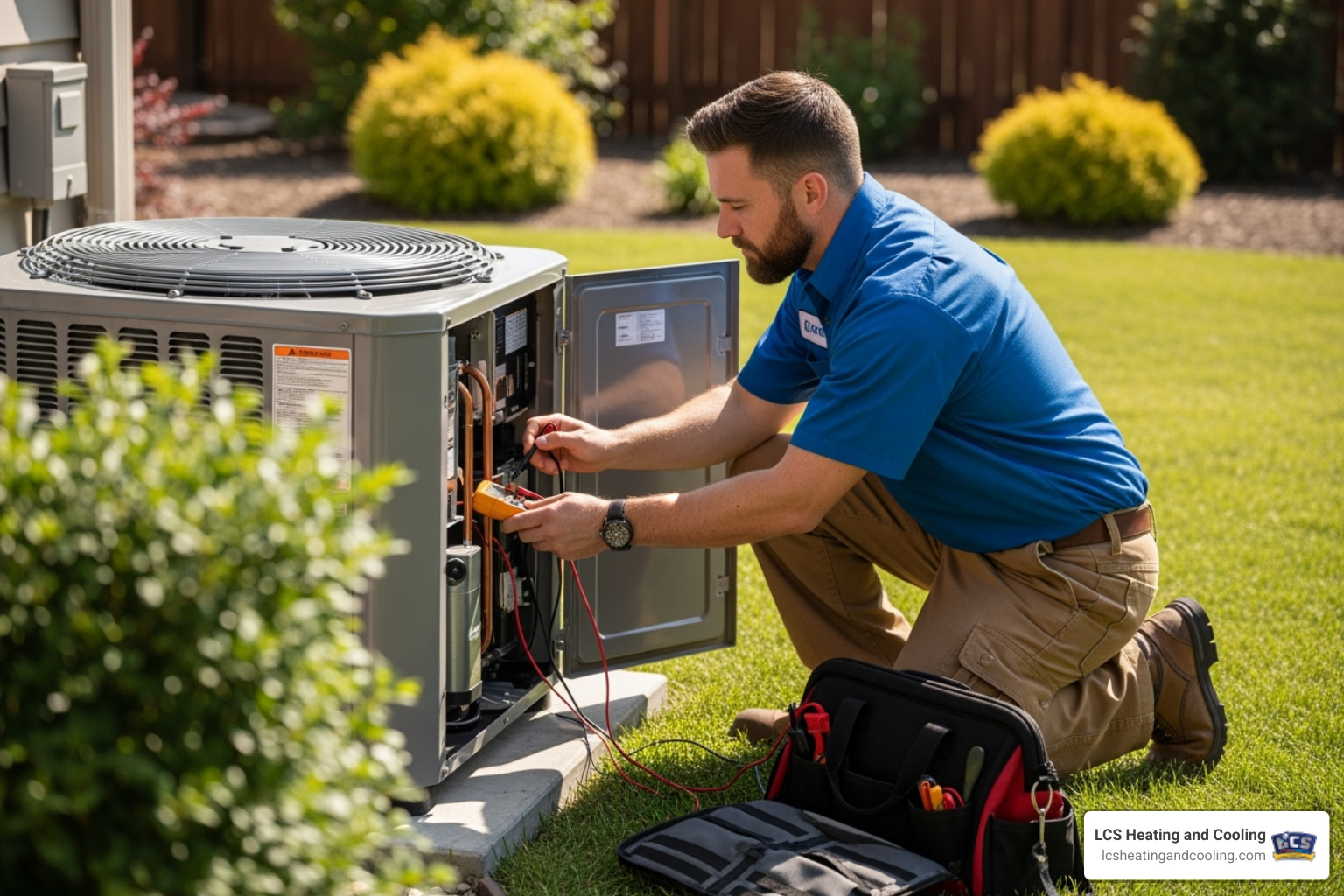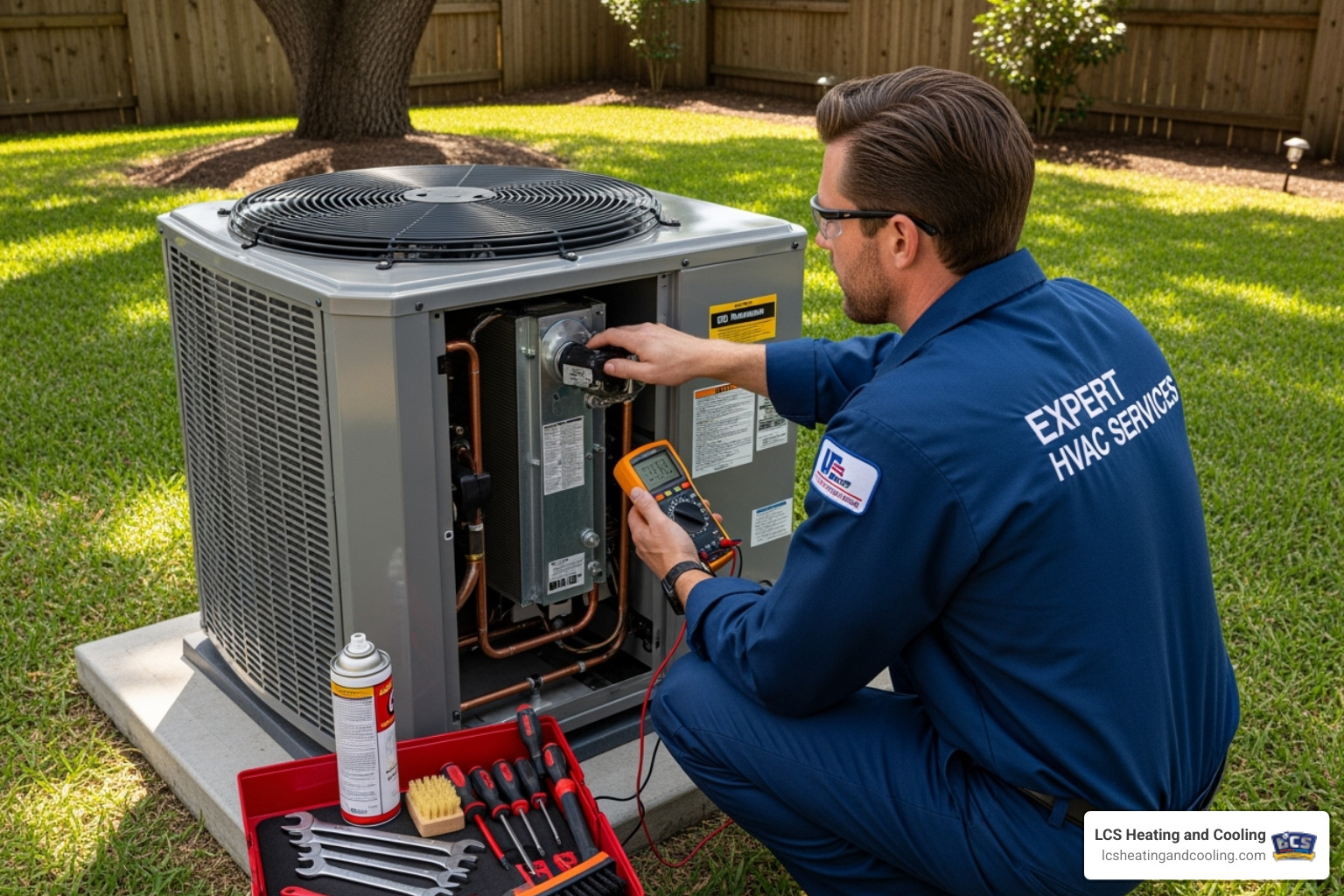Managing High Humidity In Your Home: Signs, Risks, And Solutions
Have you ever walked into a room and immediately felt like you were swimming through the air? That's the unmistakable sensation of high humidity. Excess moisture can turn your home into a discomfort zone, leaving you reaching for the thermostat in an attempt to find relief. However, before you crank it down and shiver through the summer, consider that the real culprit might not be the temperature but rather a humidity problem.
What are signals of high humidity?
Maintaining indoor humidity between 45% to 55% is crucial for a comfortable and healthy living environment. When humidity levels rise above this range, spending time indoors can become uncomfortable and pose health risks. High humidity fosters the growth of air pollutants and can lead to a muggy, sticky atmosphere with a mildew-like odor. Here are signs indicating your home has excessive moisture:
- Condensation: Indoor condensation should only be noticeable when you have a cold drink, leading to water beads forming on the outside of glasses. This type of condensation is typical and why coasters are often used to protect furniture. However, condensation on the inside of windows and doors is abnormal. While exterior condensation is like dew and can occur due to weather and time of day, interior condensation is a clear sign of excess humidity in your home.
- Structural Deterioration: Excessive humidity at home can lead to gradual structural deterioration, affecting various materials differently. For instance, stucco may crumble, wood floors and furniture can warp, paint may chip or bubble, and walls and ceilings might develop yellow or rust stains. Common signs of structural damage from high humidity include chipping paint or wood rot on window frames and cracks in floors and plaster.
- Mold and Must: Excess moisture can lead to mold growth, posing health risks like allergies and respiratory issues. Musty odors may indicate hidden mold in walls, ceilings, carpets, or HVAC ducts.
Why should I monitor my home’s humidity?
Dealing with high humidity isn't just about comfort; it can also affect your health and the integrity of your home. Humidity left unchecked can have negative effects on:
- Respiratory Health: High humidity fosters mold and mildew growth, leading to respiratory problems like asthma attacks, difficulty breathing, and allergies.
- Skin Irritations: Excessive moisture encourages bacteria and fungi growth, causing skin irritations such as redness, itchiness, soreness, and eczema flare-ups.
- Sleep Quality: Elevated humidity levels can disrupt sleep, leading to fatigue and poor energy levels during the day.
Trust LCS Heating and Cooling for Humidity Solutions
High humidity isn't just an inconvenience—it can affect your well-being and home's condition. If you're fed up with the muggy feeling during spring and summer, reach out to us for information on whole-home dehumidifiers and installation quotes!


